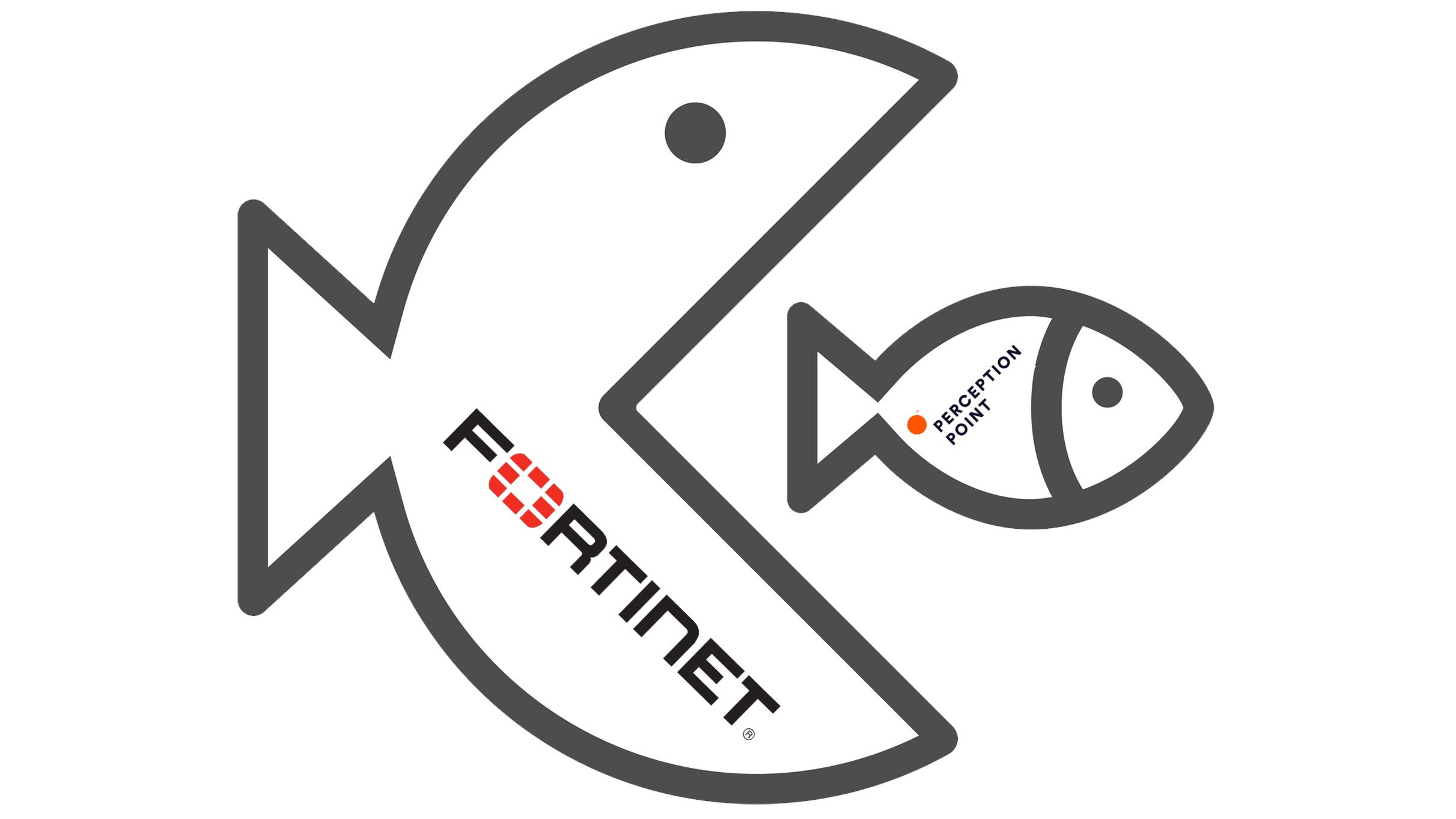When it comes to purchasing a security system, it’s difficult for homeowners to compare the dozens of options. Homeowners in the market for a new security system can ease the buying process by keeping several important questions in mind. Lorex Technology provided a “cheat sheet” of some basics to get you started on the road to home security:
1. What is required for installation? Will you need to hire a professional installer for your new system? You can avoid extra installation costs by picking an option that is ready out-of-the-box, such as a Do-It-Yourself system … but hiring a custom electronics pro will allow you to tie your security system into an all-encompassing automation system or other sub-systems like lighting controls or housewide audio.
2. How is the picture quality? Lower-resolution cameras may keep you guessing as to what is going on in your home or business. Super-resolution options offer sharpness, clarity and detail under nearly any lighting conditions.
3. Does the system have night vision capabilities? The quality of the product and the quantity of infrared lights will determine how far and how much detail you can see in the dark.
4. Is the system expandable? If so, you can simply add one or more cameras as your family or business grows, rather than buying a completely new system.
5. Is the system weatherproof? Home and business owners who plan to monitor their property from the outside should view options that can withstand extreme weather conditions. Make sure camera housings, cameras and wiring are up to the task.
6. Can you manage the system remotely? The ability to connect your security system to a smartphone, tablet or laptop allows you to view your business or home from virtually anywhere with any type of Internet connection. It is also important to note if a system is compatible with all remote devices and operating systems.
7. Is the system wired or wireless? Wireless options are easier to set up, but can be limited by range and interference. Wired systems, while more difficult to set up, have a more dependable signal and are generally better for a larger-scale projects.
8. Are there any hidden fees? Some companies have recurring fees for remote viewing functions. Some also advertise, for example, low-priced systems that are really too small to do the job – the extra cost to add more needed equipment can be significant. You may want to prepare for not-so-hidden fees, like monthly monitoring or maintenance schedules.
RELATED CONTENT: Most stolen tech gear. Is yours on this list? Click here.
RELATED CONTENT: How to track your stolen gear. Click here.
This article was originally published by our content partner Electronic House













